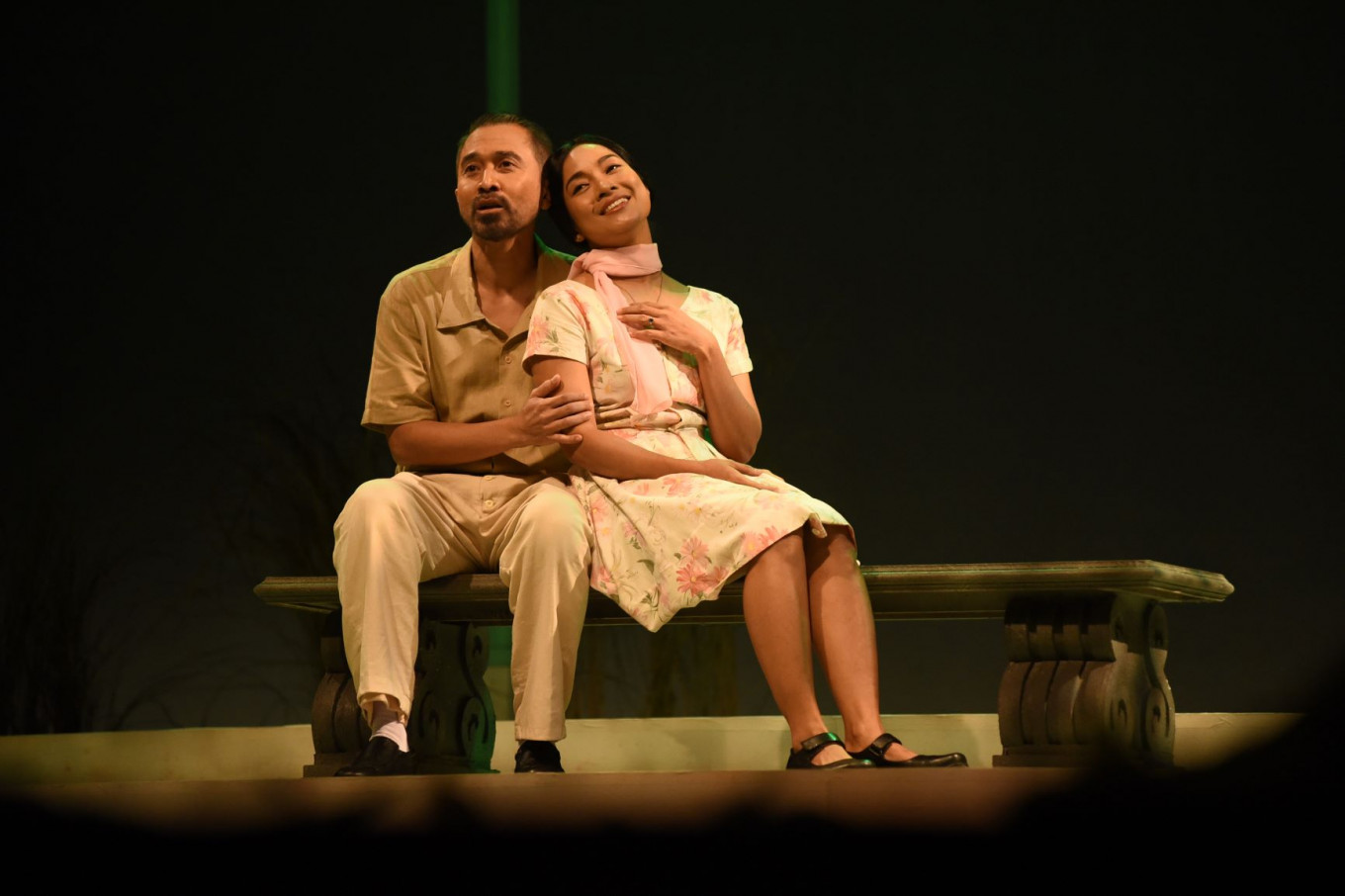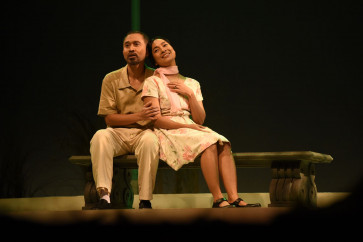Popular Reads
Top Results
Can't find what you're looking for?
View all search resultsPopular Reads
Top Results
Can't find what you're looking for?
View all search resultsA revolution, a rumor and a new poet's death
Attributing the death of poet Amir Hamzah in March 1946 simply to “social revolution in East Sumatra” is an historical injustice.
Change text size
Gift Premium Articles
to Anyone
A
mir Hamzah, a national hero known for his fight for Indonesia’s independence, helped to implement the historic 1928 Youth Pledge at 17 years of age, and was “the New Poet” of the Indies before World War II. But attributing his death in March 1946 simply to “social revolution in East Sumatra” is an historical injustice.
Born in Langkat, he was the nephew of Sultan Machmud. The bureaucracy and elite of the sultanate (Kerajaan) were replicated in adjoining sultanates, Deli, Serdang, Asahan, Simalungun and Karoland, and all were closely related to Malay ruling families across Malacca Strait even though it was an Anglo-Dutch colonial border.
East Sumatra became one of the richest areas in the Indies in the 19th-20th centuries from oil, rubber, coffee, tobacco and a Javanese workforce.
Amir’s early education was at prestigious Dutch-language schools in Medan and Batavia (now Jakarta), then he went to Surakarta majoring in Eastern Literature. In many villages, he taught Bahasa Indonesia (derived from Malay) as a lingua franca. “Young Indonesia” in Central Java’s sultanate city promoted one language, the national anthem, the red and white flag and reiterated the pledge of national unity.
He became active in several anti-colonialist movements such as “Sumatran Youth” with Mohammad Hatta (1902-1980), Amir Sjarifudin Harahap (1907-1948), Mohammad Yamin (1903-1962) and Sutan Takdir Alisjabana (1908-1994) who, with Amir, founded a literary magazine Pujangga Baru in Batavia.
Amir Hamzah became a key figure in the New Poets movement, repudiating everything colonial. He skilfully translated the Bhagavad Gita into Malay with 44 poems and was highly praised by renowned literary critic H.B. Jassin. Amir Hamzah, the “King of Poets,” was recognized throughout the region.
While still studying law in Batavia but in love with a young woman in Surakarta, Ilik Soendari, Amir was summoned back to Langkat in 1937 to marry the sultan’s daughter. His former girlfriend inspired two anthologies Nyanyi Sunyi (1937) and Buah Rindu (1941).


















